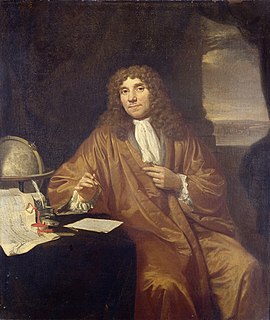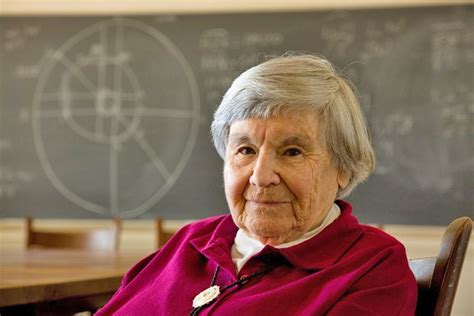A Quote by George F. Kennan
I lived, particularly in childhood but with lessening intensity right on to middle age, in a world that was peculiarly and intimately my own, scarcely to be shared with others or even made plausible to them. I habitually read special meanings into things, scenes and places qualities of wonder, beauty, promise, or horror for which there was no external evidence visible or plausible to others. My world was peopled with mysteries, seductive hints, vague menaces, "intimations of immortality.
Quote Topics
Related Quotes
Pathology has made us acquainted with a great number of states in which the boundary lines between the ego and the external world become uncertain or in which they are actually drawn incorrectly. There are cases in which parts of a person's own body, even portions of his own mental life - his perceptions, thoughts and feelings -, appear alien to him and as not belonging to his ego; there are other cases in which he ascribes to the external world things that clearly originate in his own ego and that ought to be acknowledged by it.
All of great leaders evidence four basic qualities that are central to their ability to lead: adaptive capacity, the ability to engage others through shared meaning, a distinctive voice, and unshakeable integrity. These four qualities mark all exemplary leaders, whatever their age, gender, ethnicity, or race.
For who can wonder that man should feel a vague belief in tales of disembodied spirits wandering through those places which they once dearly affected, when he himself, scarcely less separated from his old world than they, is for ever lingering upon past emotions and bygone times, and hovering, the ghost of his former self, about the places and people that warmed his heart of old?
I mean come on. Do you know how easy it is to be famous these days? Do you have any idea? The web has made it plausible to have your very own platform to stand and spew nonsense from on an hourly basis. There's an old saying: when everyone is special, no one will be. These days, everybody thinks they're special, so no one really does anything to be special anymore.
You will be educated, which means that you will be interested where others are bored, that you will notice unities where others experience randomness, and that you will intend meanings where others are just spouting words. For exactly that is supposed to be the result of becoming literate: The world becomes a thick texture of significance that you know how to “access.
We have got to fight it [Communism] with something better, not try to conceal the thinking of our own people. They are part of America. And even if they think ideas that are contrary to ours, their right to say them, their right to record them, and their right to have them at places where they are accessible to others is unquestioned, or it isn't America.
External success has to do with people who may see me as a model, or an example, or a representative. As much as I may dislike or want to reject that responsibility, this is something that comes with public success. It's important to give others a sense of hope that it is possible and you can come from really different places in the world and find your own place in the world that's unique for yourself.








































